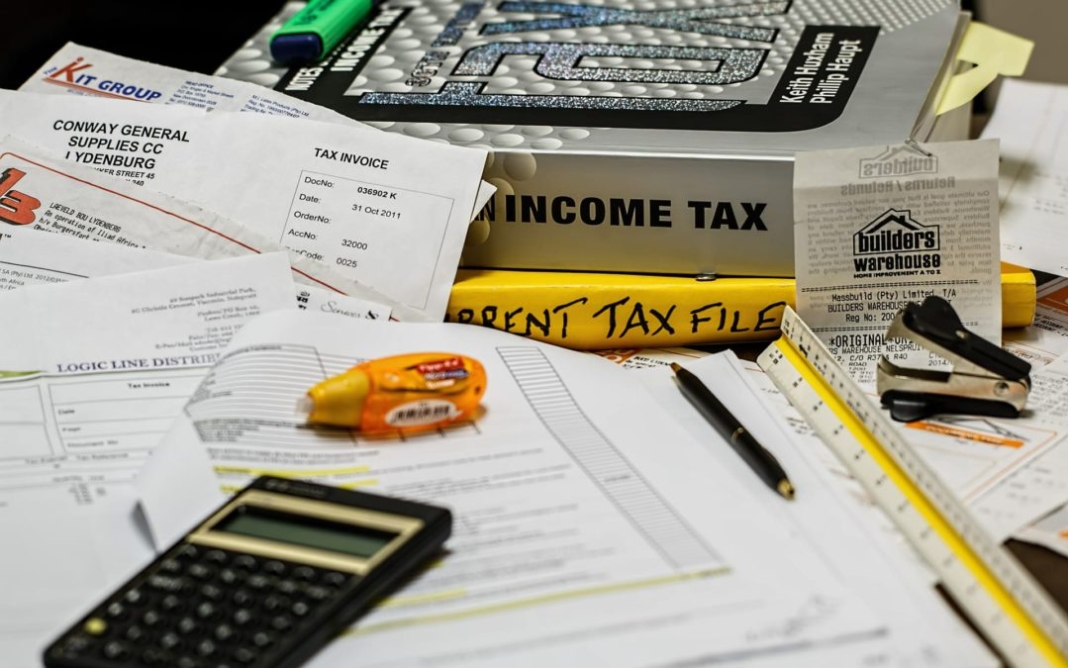The Ministry of Finance, Planning and Economic Development, in its plan to raise revenue in the next financial year has introduced Income Tax (Amendment) Bill, 2024 which seeks to introduce a new tax on disposal of non-business assets such as land which is seen to affect the prices of land in the country.
Based on Clause 3 of the Bill, the Ministry seeks to introduce a tax on the disposal of non-business assets at a rate of 5% on the profit made/gain from such disposal. The Bill specifies the affected non-business assets which include shares of a private company, land in cities or municipalities except the principal place of residence and rental property that is subject to rental tax under section 5 of the Act.
It should be noted that the government of Uganda intends to generate Shs1.902 trillion from the recently proposed taxes on cement, fuel, land transactions, mineral water, among others, in order to finance the Shs58.340 trillion budget for FY 2024/25.
However, this is not the first time that Government seeks to impose a tax on the sale of land other than commercial land. In 2020, government sought to introduce a withholding tax of 0.5% on the purchase price on the sale of land which is not a business asset by a resident person from another resident person. This tax was a withholding tax and the obligation to withhold was on the buyer. However, this tax was out rightly rejected by Parliament on April 15, 2020, arguing that this amounted to double taxation and was likely to increase the prices of land as sellers would not want to pay this tax.
Last year, government made attempts to re-introduce the tax by seeking to levy a withholding tax rate of 5% to be deducted on the gross payment made by a person who purchases any asset situated in Uganda. The major challenge with that tax was that it was to apply to depreciable assets and the assets of personal nature like used furniture, motor vehicles, computers, and all types of unspecified assets. However, government withdrew the proposal and maintained the provision on capital gains tax derived by a person on the disposal of a business asset
It is therefore shocking that a similar tax is being proposed this year under a special regime of capital gains tax on non-business assets. The tax on non-business assets has now been reintroduced as a stand-alone tax head as opposed to bringing it under the withholding tax regime.
Currently, tax is levied on disposal of only business assets as part of business income though there is a withholding tax of 6%. This new tax is aimed at covering gaps on disposal of non-business assets vis-à-vis disposal of business assets. The new proposal means that where the asset disposed of is not a business asset, the tax rate is 5% on the gain.
Recently URA has been grappling with an issue of disposal of land in cities such as Kampala and sought to impose a withholding tax of 6%. The situation has been exacerbated by Ugandans who deal in real estate that is, buying and selling land as part of their business. This was seen in the case of Makerere University Retirement Benefits Scheme v URA TAT Application No. 17 of 2021 where the seller of the land was involved in buying and selling real estate and claimed that the land was its stock and not a business asset. Court held that the seller was selling stock in trade and thus the purchaser had no obligation to withhold tax as the land sold was not a business asset.
There has been some conflict between URA and taxpayers as to what constitutes a business asset for purposes of withholding tax. This proposed law also seems to seek to reduce the conflicts between URA and the taxpayers on whether an asset is a business asset or not. If the proposed amendment is allowed, both business and non- business assets will be subject to tax on the gain at disposal.
The Bill proposes to tax non-business assets by introducing Section 5A to the Income Tax Act yet income from non-business assets is exempt under Section 21(1)(k) of the Act. Without amending Section 21(1)(k), there is potential for having two conflicting provisions.
The proposed amendment is likely to result into a ripple effect on prices of land. Practically, the vendors will either increase (by grossing up) the price of the land to cover for the additional 5% tax. Therefore, the proposed tax will be transferred onto the buyer thereby increasing prices of land.








